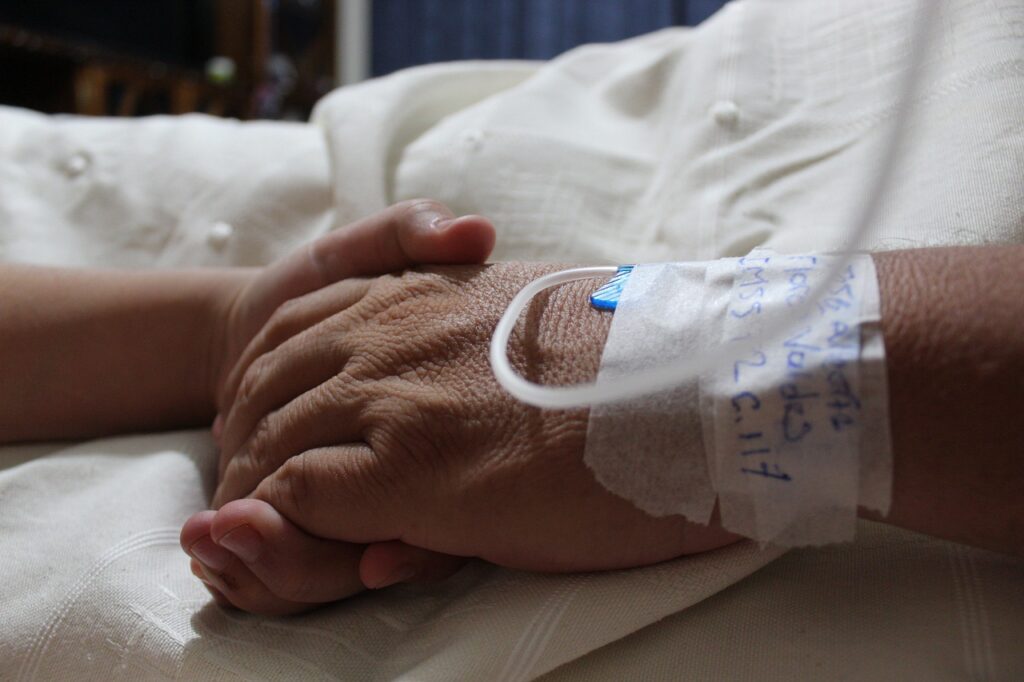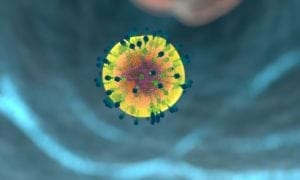Clinical trials can be crucial in determining potential treatment options for a variety of conditions. According to Pharma Biz, biopharmaceutical company Nordic Nanovector (“Nordic”) recently shared promising data from the Phase 1 LYMRIT 37-05 clinical trial. During the trial, researchers evaluated Betalutin (177Lu lilotomab satetraxetan) for patients with relapsed or refractory (R/R) diffuse large B-cell lymphoma (DLBCL) who were ineligible for stem cell transplants.
Betalutin
To begin, what is Betalutin? According to Nordic, Betalutin is:
a next generation radioimmunoconjugate (RIC) in clinical development as a potential new targeted therapy for patients with both indolent and aggressive [non-Hodgkin’s lymphoma]. Betalutin consists of the anti-CD37 murine antibody lilotomab, conjugated to the chelator p-SCN-Bn-DOTA, which chelates the beta-emitting isotope lutetium-177 (177Lu).
Unlike other treatment options, Betalutin is designed for a singular administration. Altogether, 16 patients enrolled in the Phase 1 clinical trial. Findings from the study show:
- Overall, Betalutin treatment was relatively safe and well-tolerated.
- 20 MBq/kg Betalutin and 100mg/m2 lilotomab represented the dose-limiting toxicity. However, researchers were able to reverse this.
- In six evaluable patients, 1 patient (16.6%) achieved a complete response, while another patient (16.6%) achieved a partial response.
Diffuse Large B-Cell Lymphoma (DLBCL)
Making up around 43% of all non-Hodgkin’s lymphoma diagnoses, diffuse large B-cell lymphoma (DLBCL) is the most common form of this cancer. An estimated 18,000 people are diagnosed each year. This cancer of the lymphatic system forms in B-cell lymphocytes, a type of white blood cell. While it can occur in childhood, DLBCL incidences increase with age, most commonly affecting those over 60 years old. Additional risk factors include being immunocompromised, having a family history of DLBCL, being male, or having an autoimmune disorder. Despite its “aggressive” status, DLBCL can be treated in some scenarios.
Typically, the first – and most common – symptom is painless lymph node inflammation. Additional symptoms include:
- Unintended weight loss
- Fever and night sweats
- Itching
- Abdominal or chest pain
- Shortness of breath
- Cough
- Diarrhea (if spread to abdomen)







